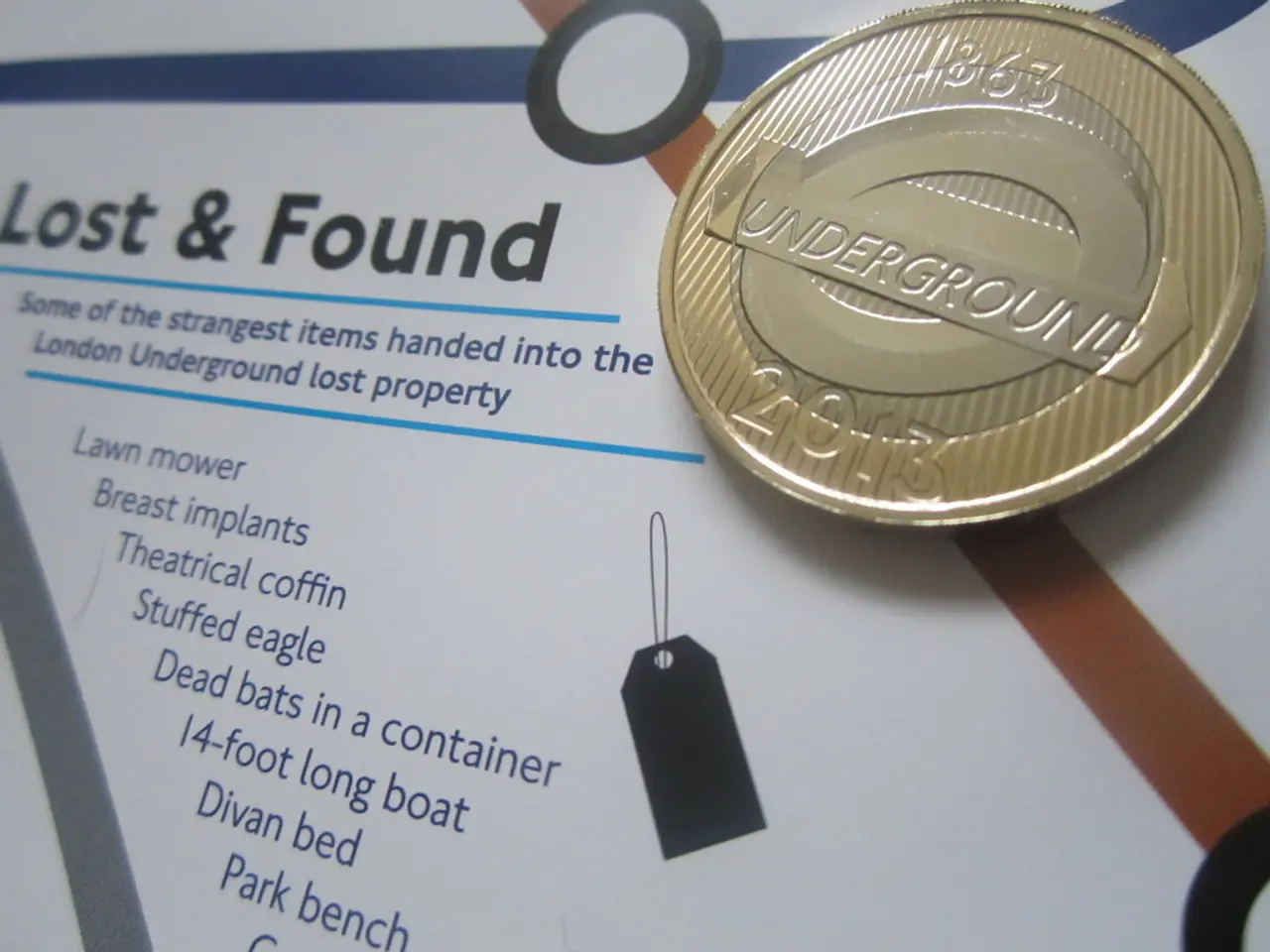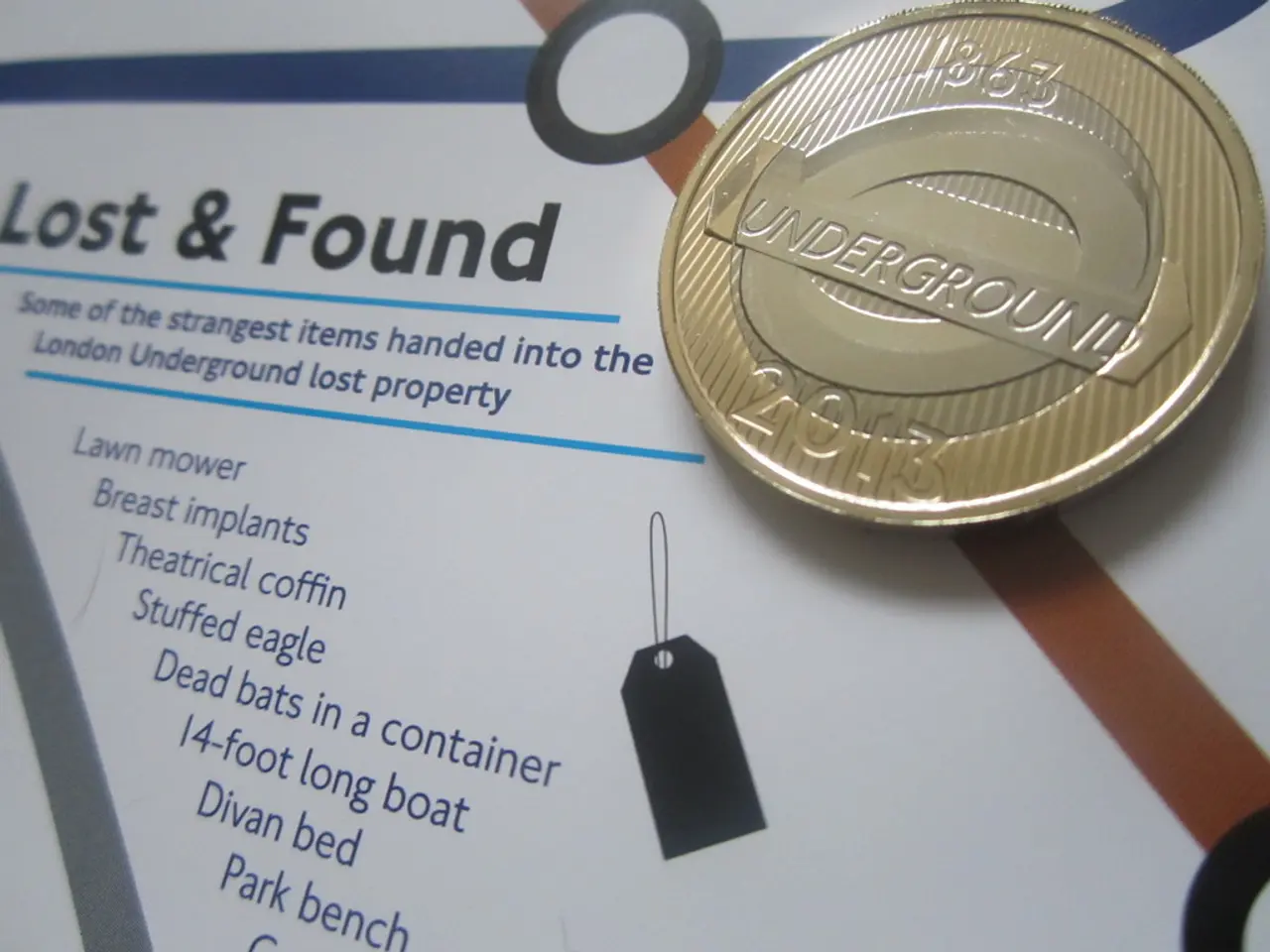Cryptocurrency Legislation in Turkey (2025): A Look at the Current Legal Status
In a significant move to regulate the cryptocurrency sector, Turkey has enforced stringent rules for all cryptocurrency service providers operating within its borders. This comes as the country grapples with high inflation and currency volatility, driving the widespread adoption of digital currencies.
As of 2025, all crypto service providers, including centralized and decentralized exchanges, must register and obtain licenses from Turkish authorities. These platforms are subject to blocking if unauthorized, reflecting an aggressive enforcement stance by Turkey’s Capital Markets Board (CMB) and the Financial Crimes Investigation Board (MASAK).
The new regulations align with global regulatory frameworks, particularly the EU's MiCA, and aim to increase investor protection, enhance Anti-Money Laundering (AML) efforts, and stabilize the financial system.
Strict AML compliance is a cornerstone of these regulations. Platforms must comply with FATF guidelines, including the Travel Rule to trace fund transfers. For transactions exceeding 15,000 Turkish lira, verified sender and beneficiary details are required, while for transactions below this threshold, only names and wallet addresses are necessary, albeit without verification.
To combat money laundering and fraud, the new rules impose mandatory waiting periods on withdrawals. First-time withdrawals require a 72-hour waiting period, while subsequent withdrawals require a 48-hour wait.
Violations of these regulations can result in severe penalties. Financial penalties range from ₺30,000 up to ₺4,000,000, criminal charges for aiding money laundering, and potential license revocation. Non-compliance can also lead to imprisonment and judicial fines.
In response, Turkish Crypto Asset Service Providers (CASPs) are investing in compliance infrastructure and creating dedicated risk management teams to identify and mitigate various risks. They are also required to comply with strict reporting obligations, regularly providing the CMB with timely updates on their operations.
Cryptocurrencies are legal in Turkey under this new regulatory framework, but subject to strict compliance requirements. However, the Central Bank of the Republic of Turkey (CBRT) prohibits its use as a payment method, and cryptocurrency is not considered legal tender.
Despite these challenges, Turkey has become the world’s fourth-largest cryptocurrency market by 2024, driven primarily by economic instability, high domestic inflation, and the depreciation of the Turkish lira. As the regulatory landscape continues to evolve, it remains to be seen how these measures will impact the future of cryptocurrency in Turkey.
[1] Capital Markets Board of Turkey. (2025). Regulation on Crypto Asset Service Providers. Retrieved from https://www.spk.gov.tr/dosyalar/yonetmelik/2025/03/13/Kripto-Paralar-Hizmet-Sağlayıcıları-Yönetmeliği.pdf
[2] Financial Crimes Investigation Board. (2025). Regulation on the Implementation of the Crypto Travel Rule. Retrieved from https://www.masak.gov.tr/dosyalar/yonetmelik/2025/02/25/Kripto-Seyahat-Kuralı-Uygulama-Yönetmeliği.pdf
[3] Financial Action Task Force. (2024). Turkey - Mutual Evaluation Report. Retrieved from https://www.fatf-gafi.org/media/fatf/documents/reports/mer/Turkey-MER-2024.pdf
[4] Central Bank of the Republic of Turkey. (2023). Regulation on Virtual Assets. Retrieved from https://www.cbrt.gov.tr/dosyalar/yonetmelik/2023/12/23/Virtuel-Paralar-Yönetmeliği.pdf
[5] European Commission. (2023). Proposal for a Regulation on Markets in Crypto-Assets (MiCA). Retrieved from https://ec.europa.eu/info/publications/proposal-regulation-markets-crypto-assets-mica_en
- The new regulations in Turkey aim to align the cryptocurrency sector with global regulatory frameworks such as the EU's MiCA, emphasizing increased investor protection, enhanced Anti-Money Laundering (AML) efforts, and the use of technology to stabilize the financial system.
- In order to comply with FATF guidelines and strict AML requirements, cryptocurrency service providers in Turkey are investing in compliance infrastructure, creating dedicated risk management teams, and subjecting themselves to regular reporting obligations to the Capital Markets Board (CMB).




